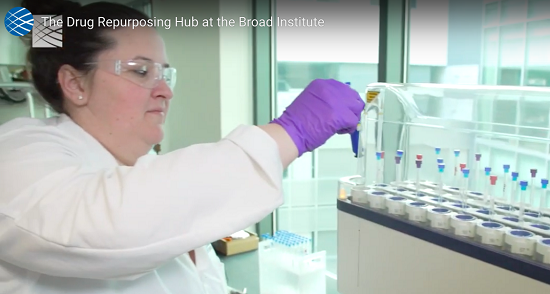MIT/Harvard Study: Dozens of Approved Drugs May Kill Cancer

Laura Rosbrow-Telem-Commonwealth News Service
CAMBRIDGE, Mass. – A new study from Massachusetts Institute of Technology and Harvard tested thousands of existing drugs on close to six hundred types of cancer cells in humans – and they found close to fifty that may kill cancer.
Scientists from the Broad Institute of MIT and Harvard, and the Dana-Farber Cancer Institute used Broad’s Drug Repurposing Hub. These drugs have either been U.S. Food and Drug Administration-approved or were safe in clinical trials.
In this paper, which was recently published in the journal “Nature Cancer,” they tested drugs that weren’t meant for cancer therapies.
Study first author, Drug Repurposing Hub founder and Broad Institute Oncologist Dr. Steven Corsello explains that in the past, scientists often would start with a target inside of a cancer cell in mind. Then, they would find a drug that worked against that target.
“In our study, we started in the other direction,” says Corsello. “So we started with all of the drugs, and then selected the ones with promising cancer-killing capabilities.”
They were able to do this all at once with a new tool called DNA barcoding: basically, they tagged each human cancer cell line with a DNA barcode. They then pooled several cancer cell lines together in a petri dish, and exposed each group of barcoded cancer cells to a single drug or compound.
Some of the most promising drugs they found were used for diabetes, alcoholism and inflammation. Corsello shares one of the biggest surprises about this study of non-oncology – or, non-cancer – drugs.
“Interestingly, when non-oncology drugs kill cancer, they’re actually usually working in a completely unexpected manner,” says Corsello. “Meaning working through a different mechanism than the drug was originally designed for.”
For example, the drug tepoxalin can be used to treat arthritis pain in dogs, and was found to be safe in humans in clinical trials. Corsello says they found tepoxalin can kill cancer cell lines that have adapted themselves to evade chemotherapy.
Tepoxalin and other promising drugs from the study will have to go through anywhere between one and five years of additional studies before being ready for clinical trials in human cancer patients.
